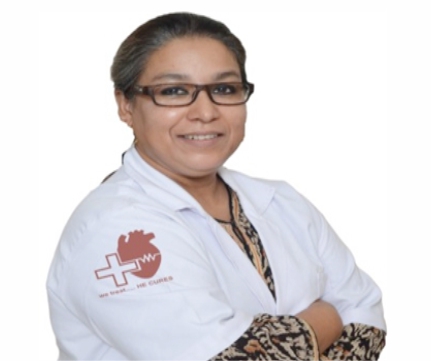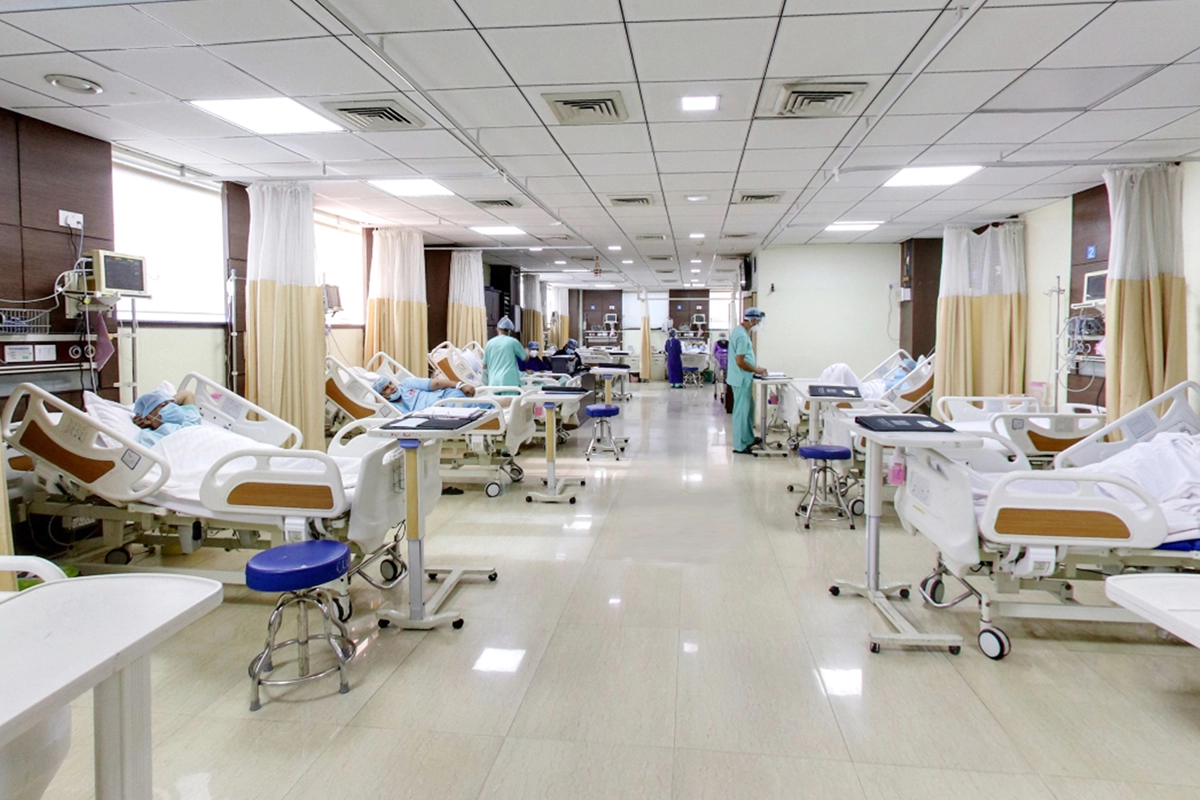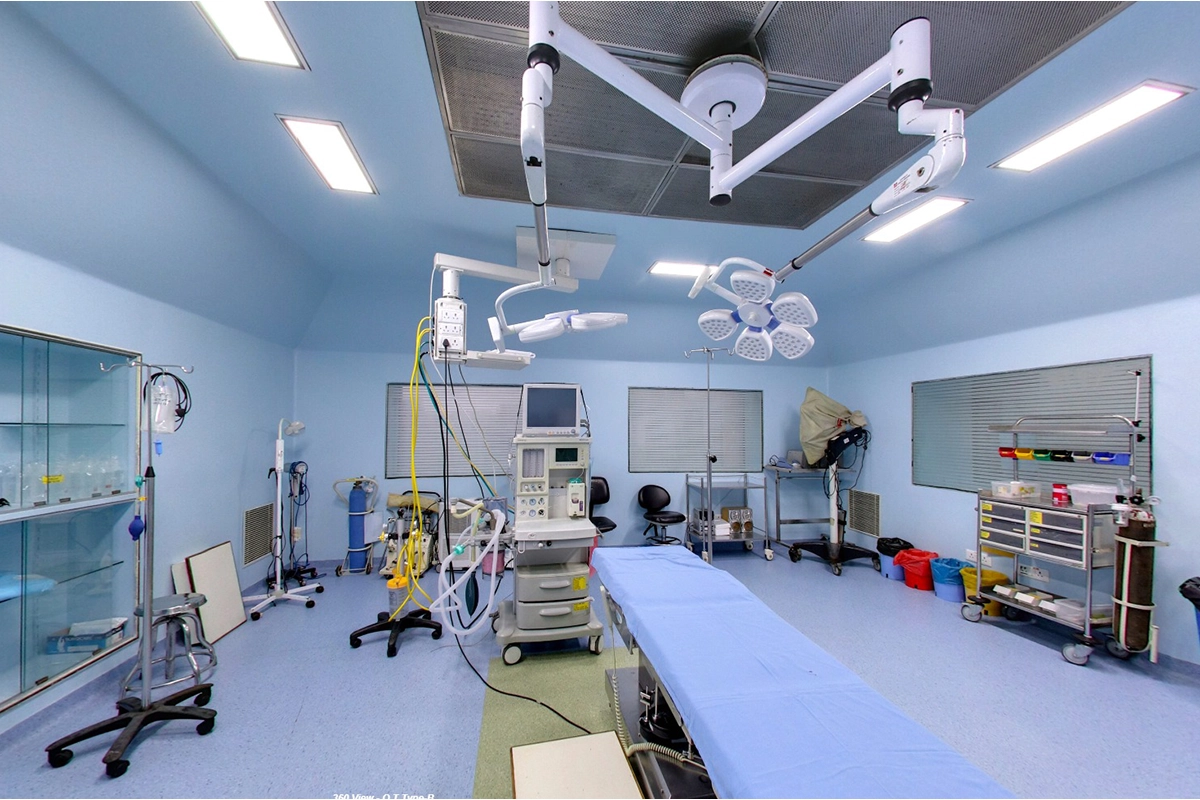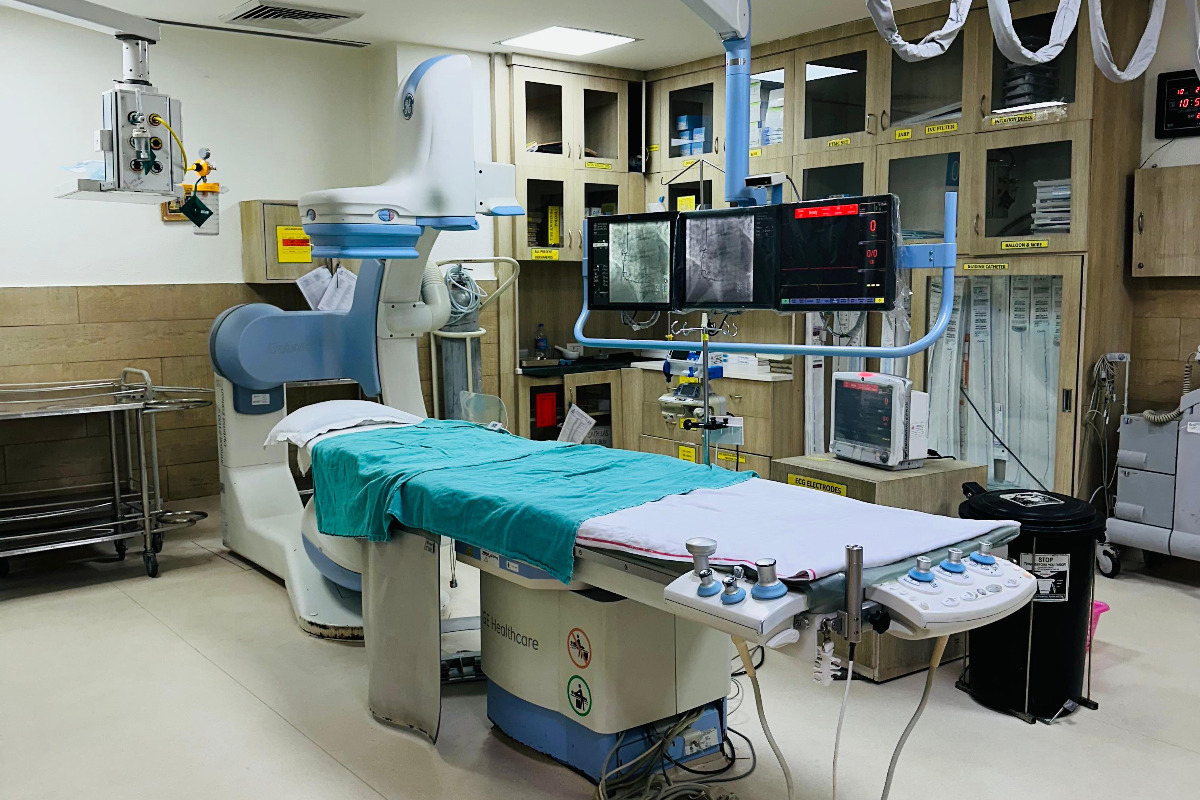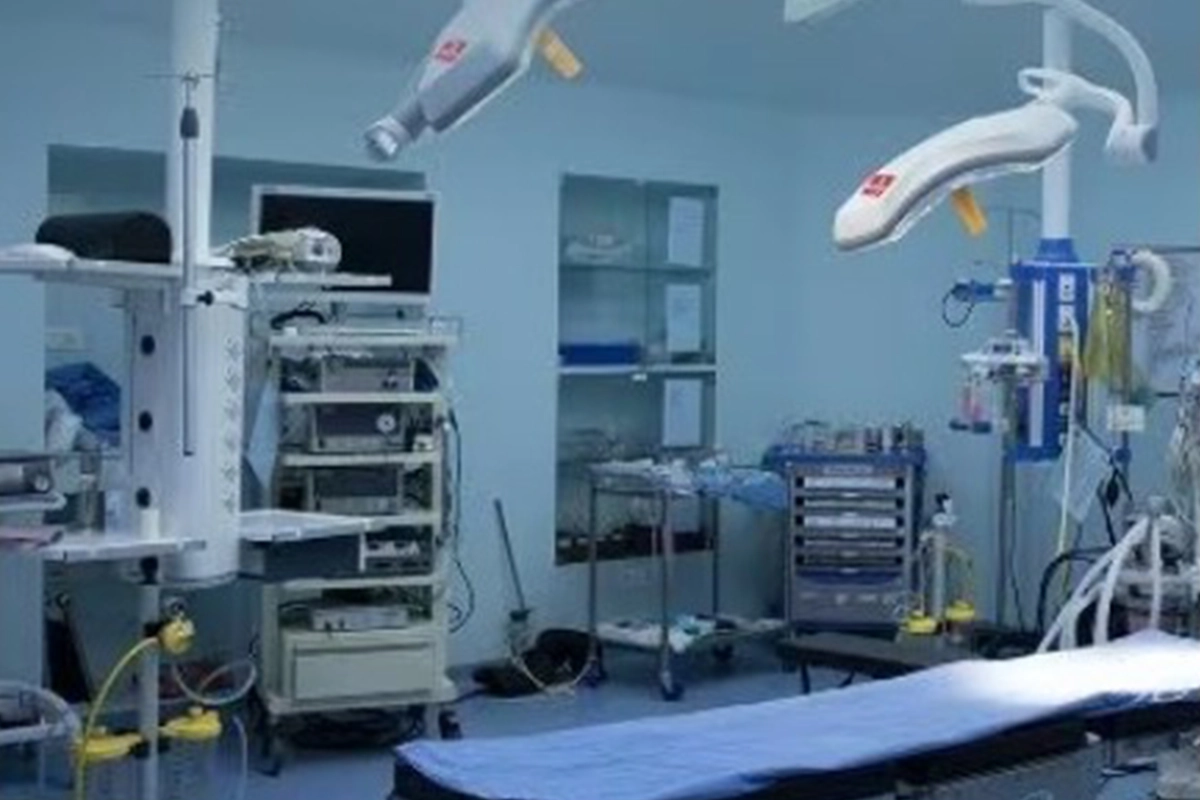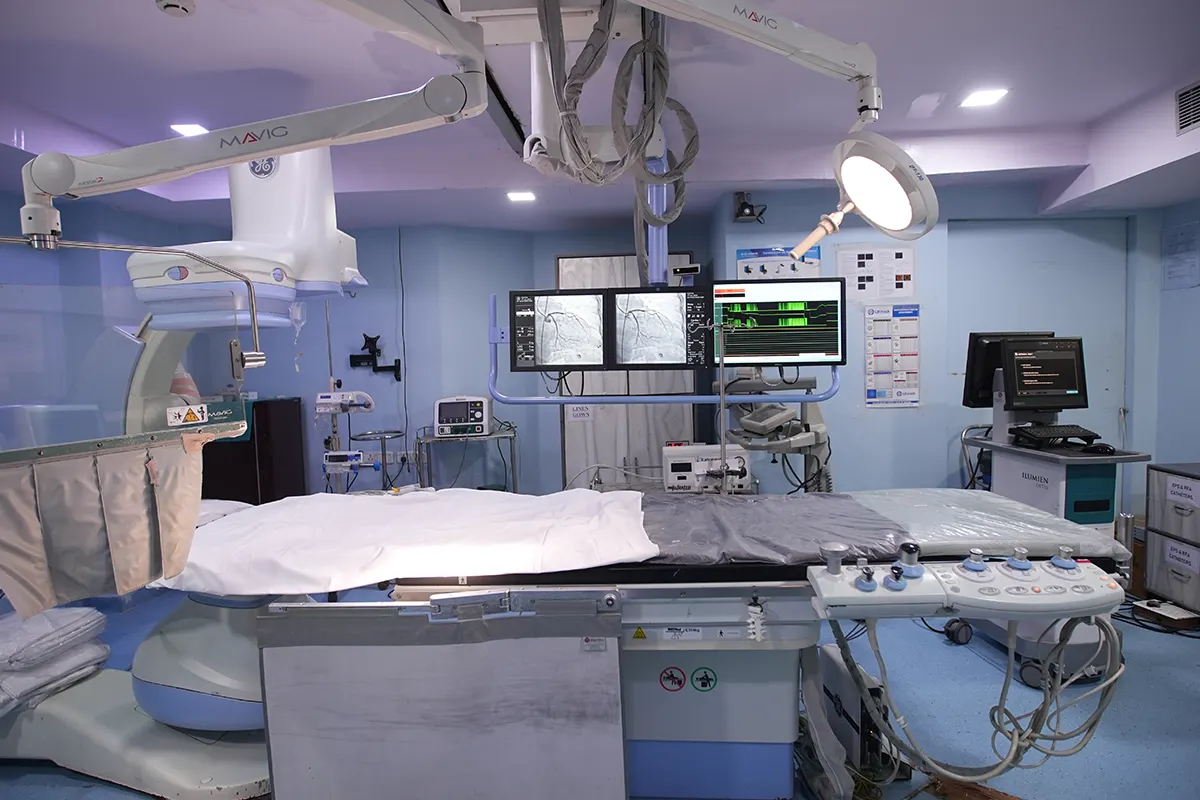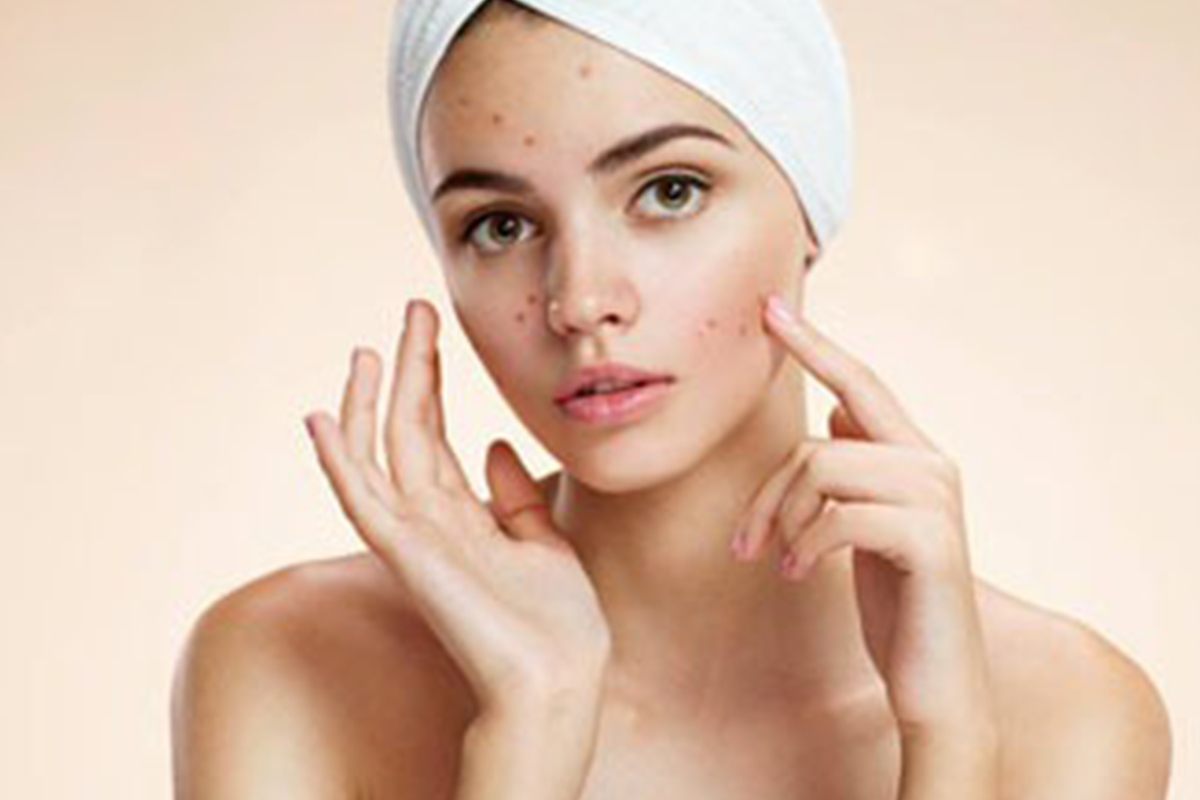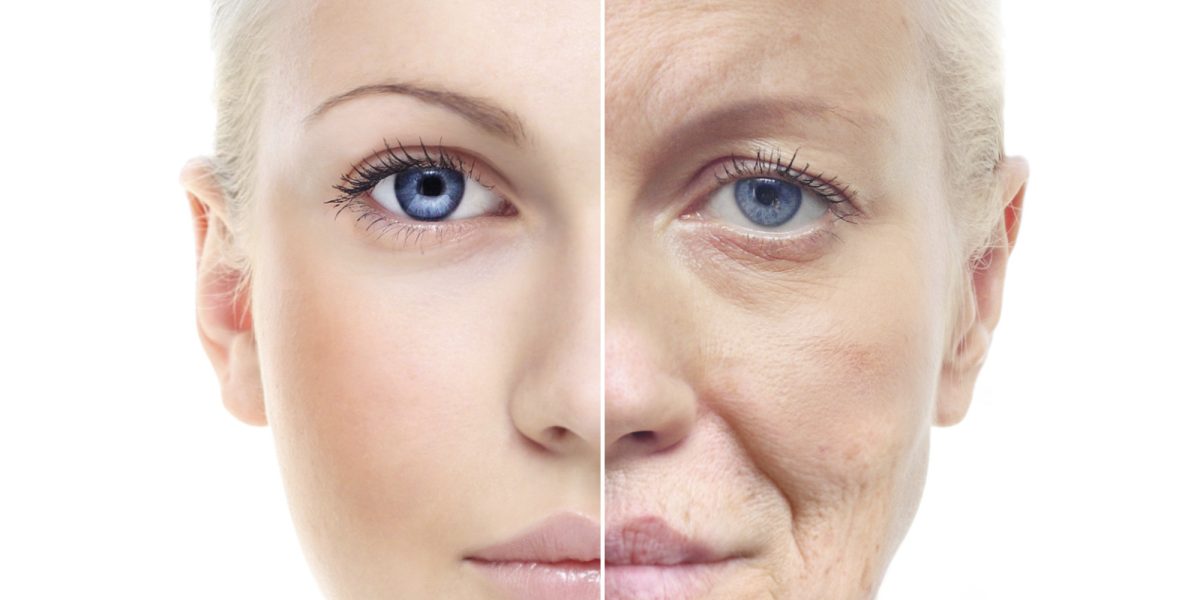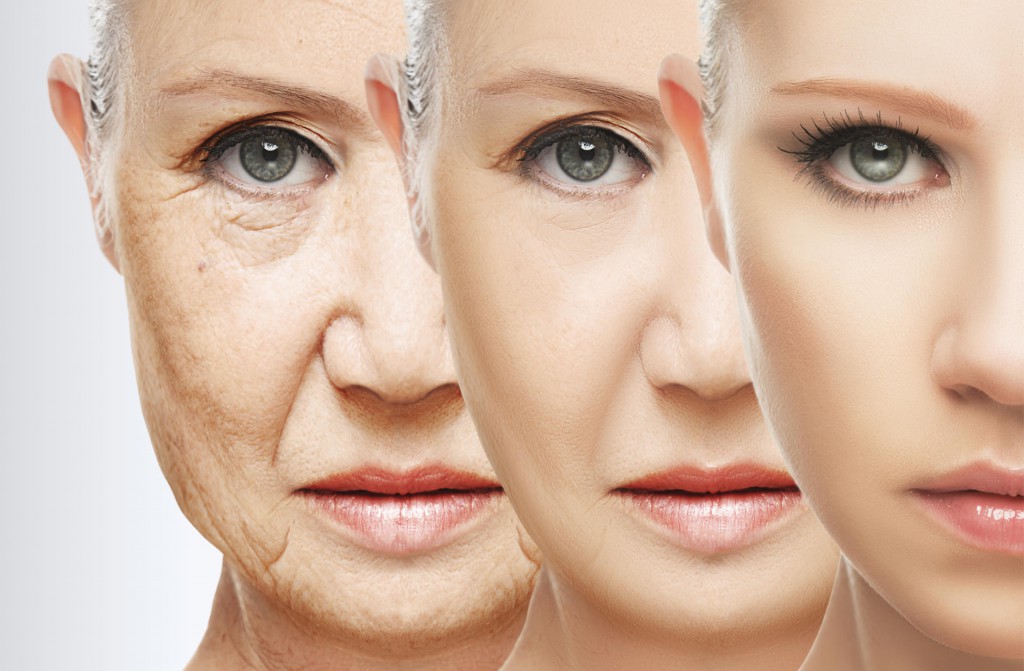What is Dermatology?
Dermatology is a medical specialty focused on diagnosing and treating conditions related to the skin, hair, nails, and mucous membranes. From common skin conditions like acne, eczema, and psoriasis to more complex issues such as skin cancer and autoimmune disorders, dermatologists are trained to provide expert care for patients of all ages.
Who is a Dermatologist?
A dermatologist is a medical doctor who specializes in diagnosing and treating conditions related to the skin, hair, nails, and mucous membranes. After completing medical school and obtaining a medical degree, dermatologists undergo specialized training in dermatology residency programs, where they gain expertise in various dermatological conditions and treatments. Dermatologists are skilled in diagnosing skin conditions ranging from common issues like acne and eczema to more complex diseases such as skin cancer and autoimmune disorders. They provide comprehensive care, including medical treatments, surgical procedures, and cosmetic interventions, to help patients achieve optimal skin health and address their unique skincare needs. With their in-depth knowledge and specialized training, dermatologists play a crucial role in promoting healthy skin and improving the overall well-being of their patients.
When Should You Consult a Dermatologist?
It’s important to consult a dermatologist for various reasons, including persistent skin problems, unusual growths or changes in moles, hair loss, nail abnormalities, and concerns about skin cancer or other serious skin conditions. Additionally, dermatologists can provide personalized skincare recommendations and preventive care to maintain healthy skin.
A dermatologist treats a wide range of conditions related to the skin, hair, nails, and mucous membranes. Some common conditions treated by dermatologists include:
1. Acne: Dermatologists can provide various treatments to manage acne, including topical medications, oral medications, and in-office procedures like chemical peels or laser therapy.
2. Eczema: Also known as atopic dermatitis, eczema causes inflammation and itching of the skin. Dermatologists can recommend topical corticosteroids, moisturizers, and lifestyle changes to manage eczema symptoms.
3. Psoriasis: Psoriasis is a chronic autoimmune condition that causes thick, scaly patches on the skin. Dermatologists may prescribe topical treatments, phototherapy, or systemic medications to manage psoriasis flare-ups.
4. Skin Cancer: Dermatologists are trained to detect and treat various types of skin cancer, including basal cell carcinoma, squamous cell carcinoma, and melanoma. Treatment options may include surgical excision, Mohs surgery, chemotherapy, or immunotherapy.
5. Rosacea: Rosacea is a chronic inflammatory condition that causes redness and visible blood vessels on the face. Dermatologists can recommend topical or oral medications, laser therapy, and lifestyle modifications to manage rosacea symptoms.
6. Dermatitis: Dermatitis refers to inflammation of the skin, which can result from various factors such as irritants, allergens, or underlying medical conditions. Dermatologists can diagnose the underlying cause of dermatitis and recommend appropriate treatment.
7. Hair Loss: Dermatologists can evaluate and diagnose the cause of hair loss, whether it’s due to genetic factors, hormonal imbalances, or underlying medical conditions. Treatment options may include medications, hair transplant surgery, or topical treatments like minoxidil.
8. Nail Disorders: Dermatologists treat various nail disorders, including fungal infections, ingrown nails, and psoriasis affecting the nails. Treatment may involve medications, topical treatments, or minor surgical procedures.
9. Warts: Dermatologists can remove warts using various methods, including cryotherapy (freezing), laser therapy, or surgical excision.
10. Cosmetic Concerns: Dermatologists offer cosmetic procedures to address concerns such as wrinkles, fine lines, hyperpigmentation, and scars. Common cosmetic treatments include Botox injections, dermal fillers, chemical peels, and laser resurfacing.
Benefits of Dermatological Care
• Accurate Diagnosis and Treatment: Dermatologists are experts in diagnosing and treating skin conditions, ensuring patients receive appropriate care tailored to their specific needs.
• Improved Skin Health: Dermatological treatments can effectively address issues like acne, rosacea, and eczema, leading to clearer, healthier skin and improved quality of life.
Early Detection of Skin Cancer: Regular skin screenings by a dermatologist can help detect skin cancer in its early stages when it’s most treatable, potentially saving lives.
Latest Technology in Dermatology
Metro Hospitals is equipped with advanced technology and innovative treatments to deliver superior dermatological care. From laser therapy and photodynamic therapy to Mos micrographic surgery for skin cancer removal, our cutting-edge facilities ensure optimal outcomes and patient satisfaction.
Why Choose Metro Hospitals for Dermatological Care?
1. Expertise of the Best Dermatologists: Our team of board-certified dermatologists and skincare specialists are highly skilled in diagnosing and treating a wide range of skin conditions.
2. Comprehensive Skin Care Services: Metro Hospitals offers a comprehensive range of dermatological services, including medical dermatology, cosmetic dermatology, and surgical procedures, all under one roof.
3. Patient-Centered Approach: At Metro Hospitals, patient comfort and satisfaction are our top priorities. We strive to create a welcoming and supportive environment where patients feel heard, respected, and empowered to take control of their skin health.
For unparalleled dermatological care that prioritizes your skin health and well-being, trust Metro Hospitals. Contact us today to schedule an appointment with the best dermatologists and embark on your journey to healthier, more beautiful skin.




